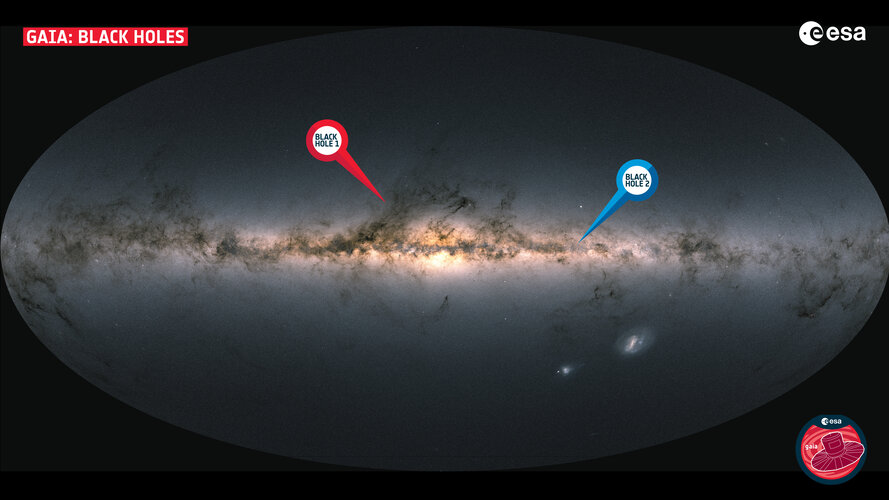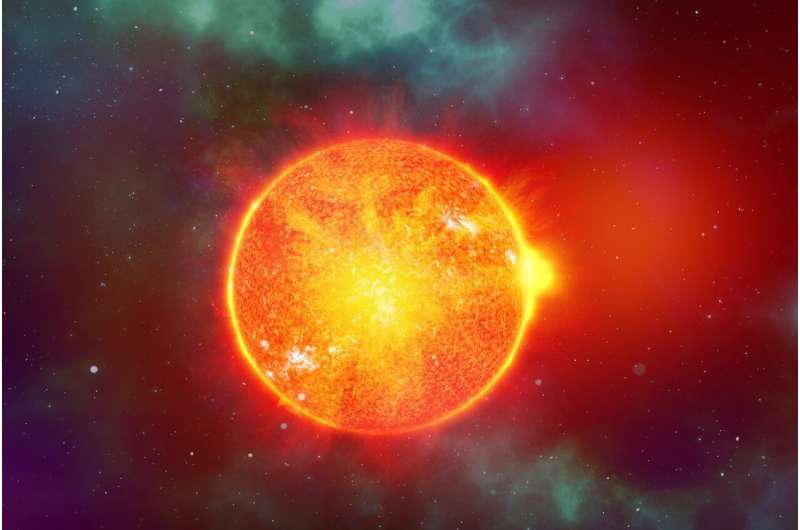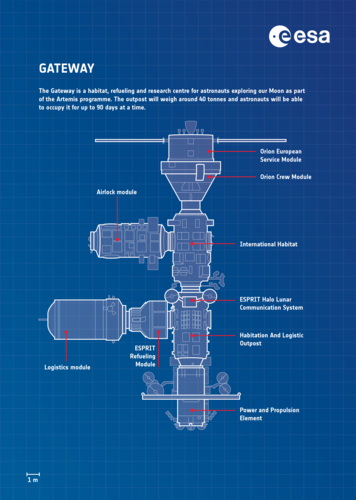
Copernical Team
Israel launches new spy satellite: defence ministry
 Israel launched a new spy satellite with advanced imaging capabilities early on Wednesday, the defence ministry said.
The Ofek-13 military satellite was launched into orbit at 02:10 am (2310 GMT) from a site in central Israel, the ministry said.
"We will continue to prove that even the sky isn't the limit for the Israeli defence establishment and that we continue to enhance its capabil
Israel launched a new spy satellite with advanced imaging capabilities early on Wednesday, the defence ministry said.
The Ofek-13 military satellite was launched into orbit at 02:10 am (2310 GMT) from a site in central Israel, the ministry said.
"We will continue to prove that even the sky isn't the limit for the Israeli defence establishment and that we continue to enhance its capabil China's Hyperspectral Multifunctional Observation Satellite release first public images
 The China National Space Administration published the first images taken by an advanced Chinese Earth-observation satellite on Tuesday afternoon.
The 14 images were taken by the world-class apparatus on the Hyperspectral Multifunctional Observation Satellite, including a wide thermal infrared imager and an advanced hyper-spectral imager. They will help scientists track greenhouse gases suc
The China National Space Administration published the first images taken by an advanced Chinese Earth-observation satellite on Tuesday afternoon.
The 14 images were taken by the world-class apparatus on the Hyperspectral Multifunctional Observation Satellite, including a wide thermal infrared imager and an advanced hyper-spectral imager. They will help scientists track greenhouse gases suc New paper investigates exoplanet climates
 Inspired by the Milankovitch cycles that play a role in Earth's climate over time, new research at Florida Tech examines how these recurring orbital movements may affect the climate of exoplanets.
"Sporadic Spin-Orbit Variations in Compact Multi-planet Systems and their Influence on Exoplanet Climate," a study by Florida Tech exoplanetary scientist and astrobiologist Howard Chen and resear
Inspired by the Milankovitch cycles that play a role in Earth's climate over time, new research at Florida Tech examines how these recurring orbital movements may affect the climate of exoplanets.
"Sporadic Spin-Orbit Variations in Compact Multi-planet Systems and their Influence on Exoplanet Climate," a study by Florida Tech exoplanetary scientist and astrobiologist Howard Chen and resear New insights into how cells respond to altered gravity experienced in space
 A new study has revealed insights into how cells sense and respond to the weightlessness experienced in space. The information could be useful for keeping astronauts healthy on future space missions.
The gravity conditions in space, known as microgravity, trigger a unique set of cellular stress responses. In the new work, researchers found that the protein modifier SUMO plays a key role in
A new study has revealed insights into how cells sense and respond to the weightlessness experienced in space. The information could be useful for keeping astronauts healthy on future space missions.
The gravity conditions in space, known as microgravity, trigger a unique set of cellular stress responses. In the new work, researchers found that the protein modifier SUMO plays a key role in The Making of Juice – Episode 10.2
 Video:
00:15:59
Video:
00:15:59
The Making of Juice series takes the viewer behind the scenes of the European space industry, space technology and planetary science communities around ESA’s Jupiter Icy Moons Explorer (Juice) mission.
Juice has a state-of-the-art science payload comprising remote sensing, geophysical and in situ instruments. This episode focuses on the remote sensing instruments, which will study the atmosphere of Jupiter and the surfaces and exospheres of the icy moons.
Juice’s camera (JANUS) will image Jupiter’s clouds and geological features on the moons in high resolution. The Moons and Jupiter Imaging Spectrometer (MAJIS) will observe cloud features and atmospheric constituents on
Gaia discovers a new family of black holes

Strong solar flare erupts from the sun

The sun has emitted a strong solar flare that peaked at 10:33 p.m. ET on March 28, 2023. NASA's Solar Dynamics Observatory, which watches the sun constantly, captured an image of the event.
Solar flares are powerful bursts of energy. Flares and solar eruptions can impact radio communications, electric power grids, navigation signals, and pose risks to spacecraft and astronauts.
This flare is classified as an X1.2 flare. X-class denotes the most intense flares, while the number provides more information about its strength.
NASA works as a research arm of the nation's space weather effort. NASA observes the sun and our space environment constantly with a fleet of spacecraft that study everything from the sun's activity to the solar atmosphere, and to the particles and magnetic fields in the space surrounding Earth.
Gateway blueprint
 Image:
Gateway blueprint
Image:
Gateway blueprint NASA missions study what may be a 1-in-10,000-year gamma-ray burst
 On Sunday, Oct. 9, 2022, a pulse of intense radiation swept through the solar system so exceptional that astronomers quickly dubbed it the BOAT - the brightest of all time.
The source was a gamma-ray burst (GRB), the most powerful class of explosions in the universe.
The burst triggered detectors on numerous spacecraft, and observatories around the globe followed up. After combing th
On Sunday, Oct. 9, 2022, a pulse of intense radiation swept through the solar system so exceptional that astronomers quickly dubbed it the BOAT - the brightest of all time.
The source was a gamma-ray burst (GRB), the most powerful class of explosions in the universe.
The burst triggered detectors on numerous spacecraft, and observatories around the globe followed up. After combing th How cosmic winds transform galactic environments
 Much like how wind plays a key role in life on Earth by sweeping seeds, pollen and more from one place to another, galactic winds - high-powered streams of charged particles and gases - can change the chemical make-up of the host galaxies they form in, simply by blowing in a specific direction.
Using observations made by NASA's Chandra X-ray Observatory, a new study details how these energ
Much like how wind plays a key role in life on Earth by sweeping seeds, pollen and more from one place to another, galactic winds - high-powered streams of charged particles and gases - can change the chemical make-up of the host galaxies they form in, simply by blowing in a specific direction.
Using observations made by NASA's Chandra X-ray Observatory, a new study details how these energ 
